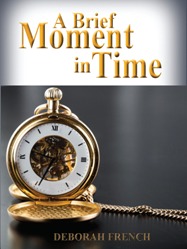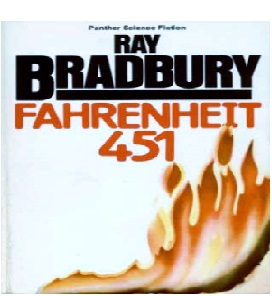“Notes from the Underground” (1864) predates many of the better known works of Dostoyevsky, such as “The Idiot” and “Crime and Punishment”, but shows a fascinating glimpse of a foray into an existential, stream-of-consciousness, style.
The narrator makes it very clear from the beginning that he is “a spiteful man”; due to varying factors, including a chronic illness, and various setbacks in life, he has become a misanthropic recluse who speaks from the darkness of wherever he may be hiding. Also, from the beginning, we come to realize that he is far from a reliable narrator, for just moments after claiming to be a retired government official, he says that he was lying about that all along “out of spite”. However unreliable, his subsequent ranting about the ills of society, and the inner demons he grapples with every day – reaching the point where he begins to derive a perverse enjoyment from his own corruption “from the intense consciousness of one’s own degradation” – become darkly compelling.
The narrator goes on to claim that it is not only he that is suffering “degradation”. In fact, he claims that the whole of humanity from the malady of hypocrisy, in pertaining to have achieved civilization whilst still seeking out war and practicing oppression, killing and persecution. The narrator gladly awaits a time when “reason and common sense have completely re-educated human nature and turned it in a normal direction”, but as long as this is not the case, the narrator is prepared to continue living in estrangement from fellow people.
Moving further on, he describes a time when he was due to meet up with colleagues and they gave him the wrong time, and did not even apologize when it made him late, leading to grow increasingly irate and distance himself socially. Later, he encounters a prostitute, whose grim future he anticipates and recites to her, trying to veer her off the path to self-destruction. Eventually they part ways, with it being not entirely certain whether she will heed his advice.
Eventually, in typical fashion, the narrator apparently becomes weary of his own story and decides to cut short his own story, yet intriguingly ending with a footnote that it “does not end here”. We gain the impression that there is so much more that the narrator has to say, but given that only pure spite was fuelling him in the first place, he would have to run out of steam some time.
As a commentary of the failings of the human race, “Notes from the Underground” was controversial at the time, due to its suggestion that people are inherently uncooperative and unable to act and live as a collective. In fact, for some time this was treated as something of an “underground story”, however as more satire on Soviet society began to subsequently emerge, Dostoyevsky was seen as providing a jumping-off point in the “man vs. society” narrative trope which has become legitimately recognized over time.





